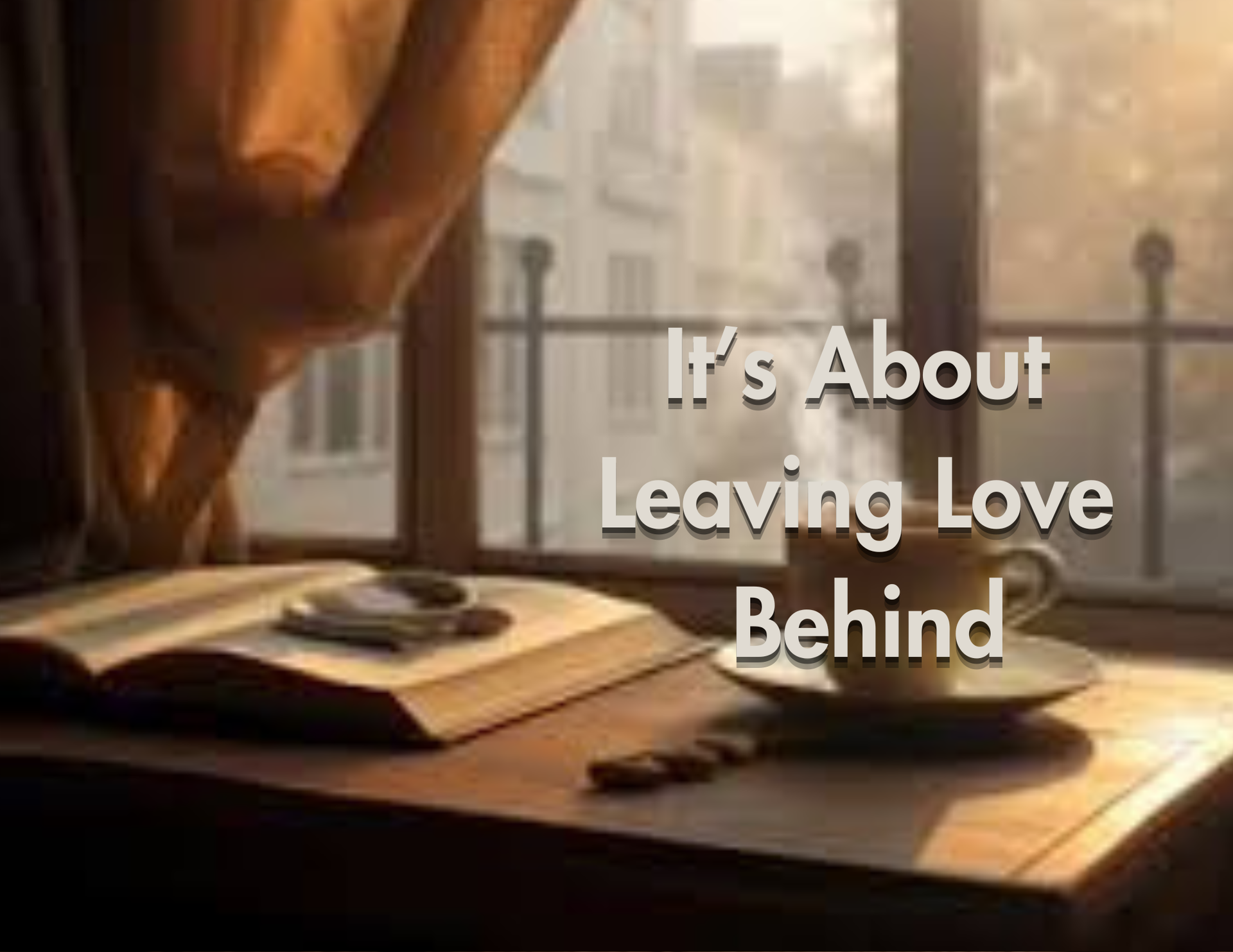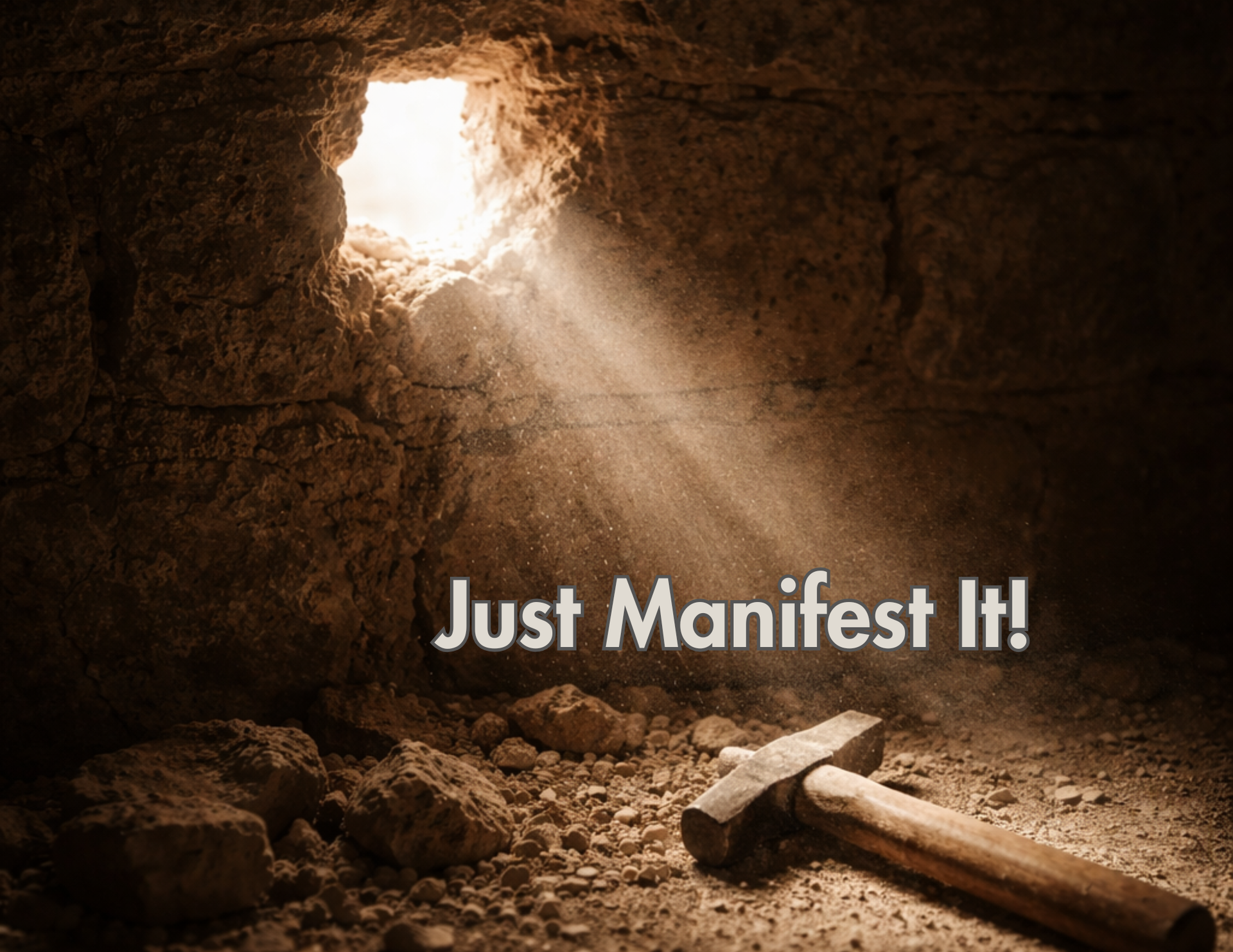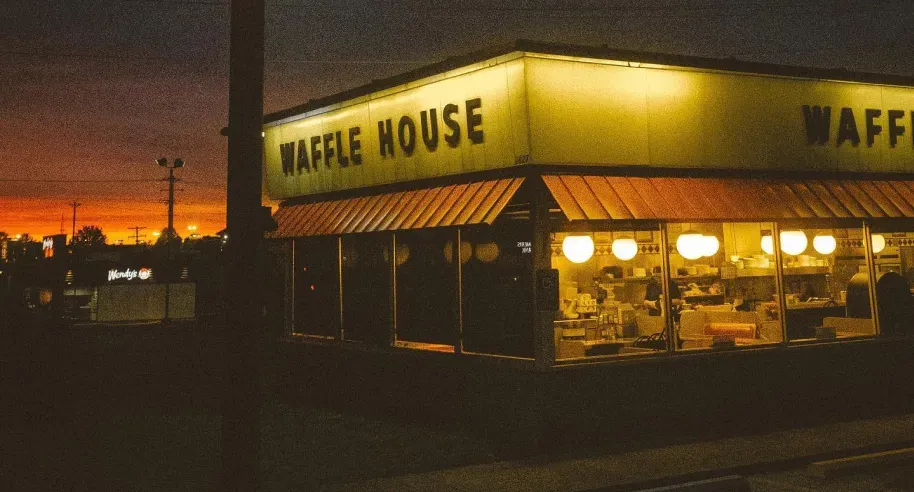The Church of Waffle House
I’ve found a little church that doesn’t look like much from the outside. The sign flickers. The booths are cracked. The coffee is… well, let’s just say “average” is generous. But somehow, grace lives here, and I keep finding my way back.
Welcome to the Church of Waffle House.
On days when I’m preparing to officiate a funeral, I leave early—too early to head straight to the funeral home or cemetery. Houston traffic is unpredictable, and being late is not an option. So, I make a sacred detour: a booth in the back, or a spot at the counter, a plate of scrambled eggs, and hashbrowns “smothered” in onions—because even in grief, a little flavor doesn’t hurt.
At the Church of Waffle House, the choir sounds like clattering plates and laughter from nearby tables. The liturgy is simple: coffee refills, a friendly nod, a server yelling the order in that unmistakable Waffle House way. This church doesn’t care if you’re still half-asleep or wearing yesterday’s clothes. Nobody judges if you're mourning, celebrating, anxious, lost, or just really hungry. You’re welcome as you are—hair messy, heart messy, life messy. Come on in.
There’s a strange holiness in places like this. Thin places, where the space between heaven and earth narrows. Where people show up hungry—for food, yes, but also for comfort, for quiet, for a breath of something bigger.
As I sit with my laptop open and my smothered hashbrowns in front of me, I watch life unfold around me: a toddler taking a bite of a BIG waffle covered in peanut butter, a couple of tired nurses just getting off a shift, a group of teenagers grabbing something before school, and an older man eating alone, ball cap pulled low. Each one carries a story I’ll never know—maybe too heavy for words. But I believe God walks through these doors, too, no matter the hour, no matter the heartache.
This is a church without walls, without programs, and without any agenda but to feed whoever walks through the door. It’s messy, imperfect, and that’s exactly why it feels like a little piece of heaven. Here, I am not a celebrant or a reverend. I’m just a tired soul, eating a simple meal and finding a few moments of peace before I stand between the living and the dead to speak words of hope.
It’s easy to believe that sacredness only belongs in polished places—sanctuaries, cathedrals, or those “holy” moments we’re all supposed to be ready for. But the Church of Waffle House reminds me: holiness happens wherever love refuses to leave. It happens in mourning and in memory. It happens between forkfuls of hashbrowns and heartbeats of hope.
Soon, I’ll pay my check, slide out of the booth, and head toward a family waiting to remember someone they love. But I’ll carry a little bit of this place with me—a full heart, a whispered prayer, and the reminder that even at the edges of loss, grace can still find us—scattered, smothered, and covered.




